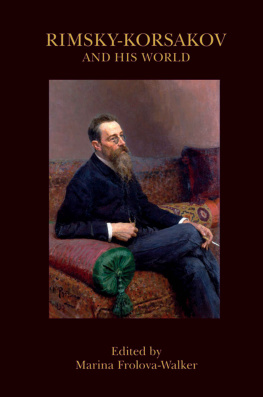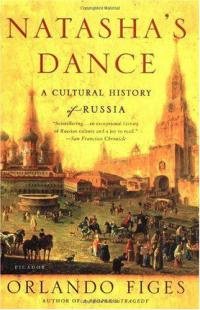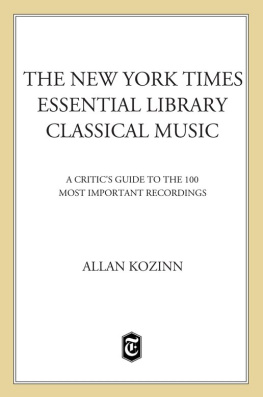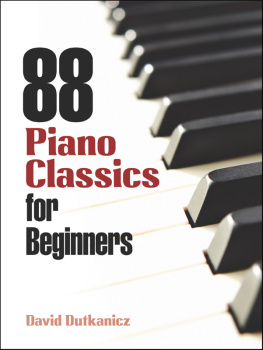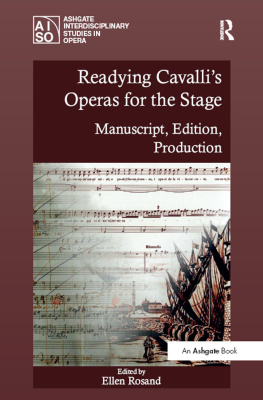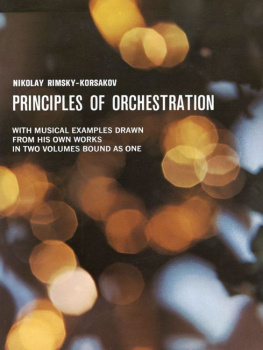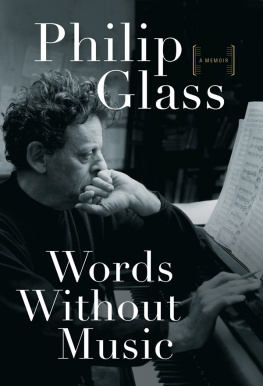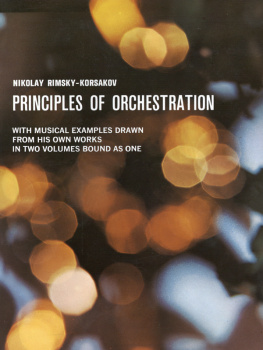RIMSKY-KORSAKOV AND HIS WORLD
RIMSKY-KORSAKOV
AND HIS WORLD
EDITED BY
MARINA FROLOVA-WALKER
PRINCETON UNIVERSITY PRESS
PRINCETON AND OXFORD
Copyright 2018 by Princeton University Press
Published by Princeton University Press, 41 William Street,
Princeton, New Jersey 08540
In the United Kingdom: Princeton University Press,
6 Oxford Street, Woodstock, Oxfordshire OX20 1TR
press.princeton.edu
All Rights Reserved
For permissions/credits, see
Library of Congress Control Number: 2018940955
Cloth ISBN: 978-0-691-182704
Paper ISBN: 978-0-691-182711
British Library Cataloging-in-Publication Data is available
This publication has been produced by the Bard College Publications Office:
Mary Smith, Director
Irene Zedlacher, Project Director
Karen Walker Spencer, Designer
Text edited by Paul De Angelis and Erin Clermont
Music typeset by Don Giller
This publication has been underwritten in part by grants from Roger and Helen Alcaly and from the Dragan Plamenac Endowment of the American Musicological Society, funded in part by the National Endowment for the Humanities and the Andrew W. Mellon Foundation.
Printed on acid-free paper.
Printed in the United States of America.
1 3 5 7 9 10 8 6 4 2
Contents
EDITED BY MARINA FROLOVA-WALKER TRANSLATED BY JONATHAN WALKER |
EMILY FREY |
ANNA NISNEVICH |
ADALYAT ISSIYEVA |
SIMON MORRISON |
MARINA FROLOVA-WALKER |
OLGA PANTELEEVA |
YAROSLAV TIMOFEEV TRANSLATED BY JONATHAN WALKER |
LIDIA ADER TRANSLATED BY JONATHAN WALKER |
LEON BOTSTEIN |
Preface and Acknowledgments
In the summer of 2003, I found myself taking a group of British music lovers on an educational tour of St. Petersburg. One of the main attractions on the schedule was Nikolai Rimsky-Korsakovs apartment on Zagorodny Avenue, where the composers long fur-tipped coat was hanging up over a little table where Stravinskys calling card lay, while in the study, two large writing desks allowed the composer and his wife, Nadezhda, to face each other as they wrote. I had always been impressed by the authenticity of the place, which looks as if Rimsky-Korsakov might step back in through the door at any moment. But one of the tourists was clearly disappointed. She was startled that there was nothing to be seen but a kind of professorial respectability. What had she expected? Her description of the kind of dwelling the composer should have occupied was a multicolored palace, something along the lines of Leon Baksts set for the ballet Sheherazade. Rimsky-Korsakov had only written a symphonic poem, but Sergei Diaghilev had used it as a ballet score in Paris after the composers death, and he added an orgy and a massacre, provoking Nadezhda to protest. Perhaps the tourist also thought that Rimsky-Korsakov would stagger from orgy to massacre to orgy. This brought home to me the gulf between the Russian image of Rimsky-Korsakova respectable professor with a colorful imaginationas compared to the Western image, which has been shaped largely by a lurid balletic reinterpretation of Sheherazade that would have outraged its composer.
The genre on which Rimsky-Korsakov staked his reputation was opera, and he contributed fifteen works to the repertoire. About half of these are well established in the repertoire of Russian opera companies, but in the West, only The Golden Cockerel makes frequent appearances, some of the others are occasionally performed, and the rest are unknown. The success of the Cockerel, the strangest of Rimsky-Korsakovs operas, is also due to Diaghilevs bold adaptation: his 1914 Cockerel was again staged as a ballet, with the singers and their words put on the same level as the orchestral writing. At the beginning of the twentieth century, Western audiences did not yet know Russian opera, and Western companies were not prepared to take them on. The finances of Diaghilevs enterprise were usually precarious, and his artists were Russian, so translated versions were not an option at this stage. He realized that he needed to shift Russian texts to the background, before an opera could win a hearing abroad. A century has passed since then, and given that his operas are still little known outside Russia, Western audiences have been unable to grasp his true stature. This, in turn, means that there is nothing that impels them to seek out his non-operatic works: there are dozens of wonderful songs, chamber music, and various orchestral pieces beyond Sheherazade.
Richard Taruskin encapsulated the problem of Rimsky-Korsakov in the West: his works can be divided into two groups: the unknown and the overplayed. They are not of equal size. The overplayed category consists, by my count, of exactly five pieces. These five he lists as follows: The Flight of the Bumble Bee (an extract from the opera The Tale of Tsar Saltan), The Song of India (sung by the Hindu Trader in the opera Sadko), and then three symphonic warhorses: Sheherazade, the Capriccio espagnol, and the Russian Easter Overture. Taruskin demonstrates that this has skewed Rimsky-Korsakovs reception in the West, where he is seen merely as a purveyor of entertaining trifles, not as a serious composer with a very substantial oeuvre. Western musicology had hitherto ignored Rimsky-Korsakov, but Taruskins pioneering article explains why they should change their attitude, not least because Stravinsky (who certainly does interest Western musicologists) cannot be accounted for without serious distortions unless his enormous debt to his teacher, Rimsky-Korsakov, is included, and not just for superficially similar early works like The Firebird, but for his principles of pitch organization, which stem from the older composers innovations and theoretical discoveries. But even if Taruskin managed to awaken some musicological interest in Rimsky-Korsakov, it will take much time and effort to shift the attitude of Western performers and their public.
In this context, the Bard Music Festival Rimsky-Korsakov and His World, held in the summer of 2018, is a unique and exciting event that will reveal much of the composers music that is still unknown to the West. This volume is published in association with the festival and is designed to acquaint readers with the most interesting and thought-provoking new research on Rimsky-Korsakov, including work from established and rising scholars, and from inside and outside Russia.
The volume begins with documentary materials, for the first time offering the Anglophone reader translations of the rich correspondence between Rimsky-Korsakov and the soprano Nadezhda Zabela-Vrubel, who was his muse between 1898 and 1904. Rimsky-Korsakov was a prolific correspondent, and most of his exchanges with musical colleagues have been published in Russian and thoroughly researched. But this particular correspondence stands apart from the rest, because of the strong currents of emotion running just below the surface. It was selected for this volume for two purposes: it has much to tell us about how Rimsky-Korsakov dealt with the performers and theater management involved in productions of his operas, but it also gives us a unique insight into the composers inner world which he kept hidden under the unruffled surface of his respectable professorial existence. Rimsky-Korsakovs biography contains nothing that could shock or fuel gossip: as a young naval officer, he traveled round the globe, but he settled down into a quiet family existence, far from the alcoholism that dogged several of his fellow composers. We might style him a workaholic today, but this is only a humorous pretense that such behavior is a vice or an addiction. The romanticized public image of artists is greatly enhanced by an early death or by great suffering, whether uninvited or self-inflicted, mental or physi-cal. The public is less interested in a composer who is a family man with a successful career and a long and healthy existence. The correspondence between Rimsky-Korsakov and Zabela should do much to humanize Rimsky-Korsakov, softening his image. There is nothing scandalous, but there is much that is touching and even poignant.
Next page
